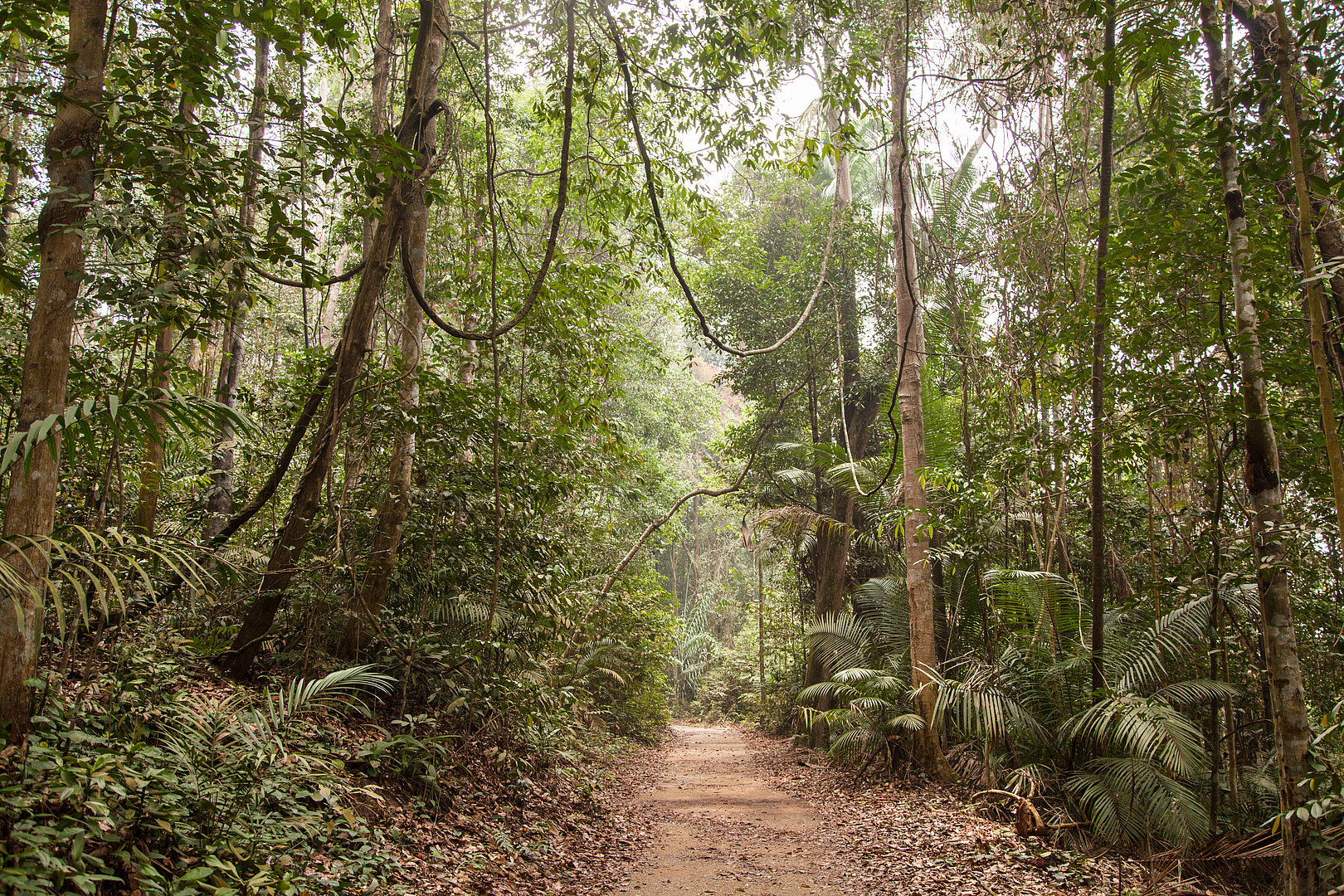Get Healthy!

- Posted September 12, 2025
Protecting Amazon Forests May Also Protect Human Health, Study Finds
Destroying the Amazon rainforest doesn’t just threaten the environment, it may also make people sick.
A study published Sept. 11 in the journal Communications Earth & Environment found that rates of certain diseases were lower in regions where forests were protected and managed by Indigenous peoples.
Researchers say the findings add evidence to what Indigenous communities have long believed: That human health and the health of the forest are deeply connected.
“The ‘forest man’ or ‘man forest,’ according to the Indigenous perspective, has always been linked to the reciprocity between human health and the natural environment where one lives,” Francisco Hernández Cayetano, president of the Federation of Ticuna and Yagua Communities of the Lower Amazon (FECOTYBA) in Peru, told The Associated Press.
“If each state does not guarantee the rights and territories of Indigenous peoples, we would inevitably be harming their health, their lives and the ecosystem itself,” he added.
For the study, researchers examined forest quality, legal recognition of Indigenous territories and disease rates across Amazon countries. They found that healthier forests often resulted in fewer cases of respiratory illness and infectious diseases like malaria.
“They claim that Indigenous territories only protect health when forest cover is above 40%. And so that that feels like, why 40%? Why not 35? Or why not a range?” said Magdalena Hurtado, a professor of anthropology and global health at Arizona State University in Tempe who reviewed the findings.
She stressed that while the results were important, they relied on correlation and could be different using other methods.
Even so, experts called the work a step forward.
“They are actually doing something quite beautiful,” Hurtado added, connecting Indigenous land rights to measurable health benefits.
Study co-author Paula Prist, senior program coordinator with the International Union for Conservation of Nature, said the findings show why policy must balance economic needs with health needs.
The world needs landscapes that provide economic services, but also services that protect people’s health, she told The Associated Press.
Other experts, like Kristie Ebi of the University of Washington in Seattle, said the research highlights the complexities of how ecosystems affect health.
“Using these methods, others could study other parts of the world,” said Ebi, who was not involved in the research.
Cayetano said studies such as this are important.
“From my Indigenous perspective," he said, "I think that this type of study would make our ancestral knowledge more visible and precise.”
More information
World Wildlife Fund has more on forests and human health.
SOURCE: The Associated Press, Sept. 11, 2025






